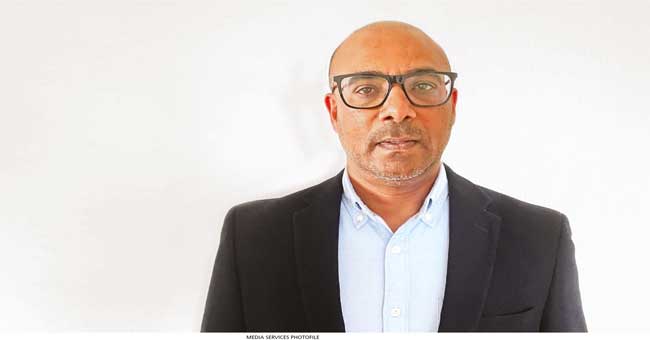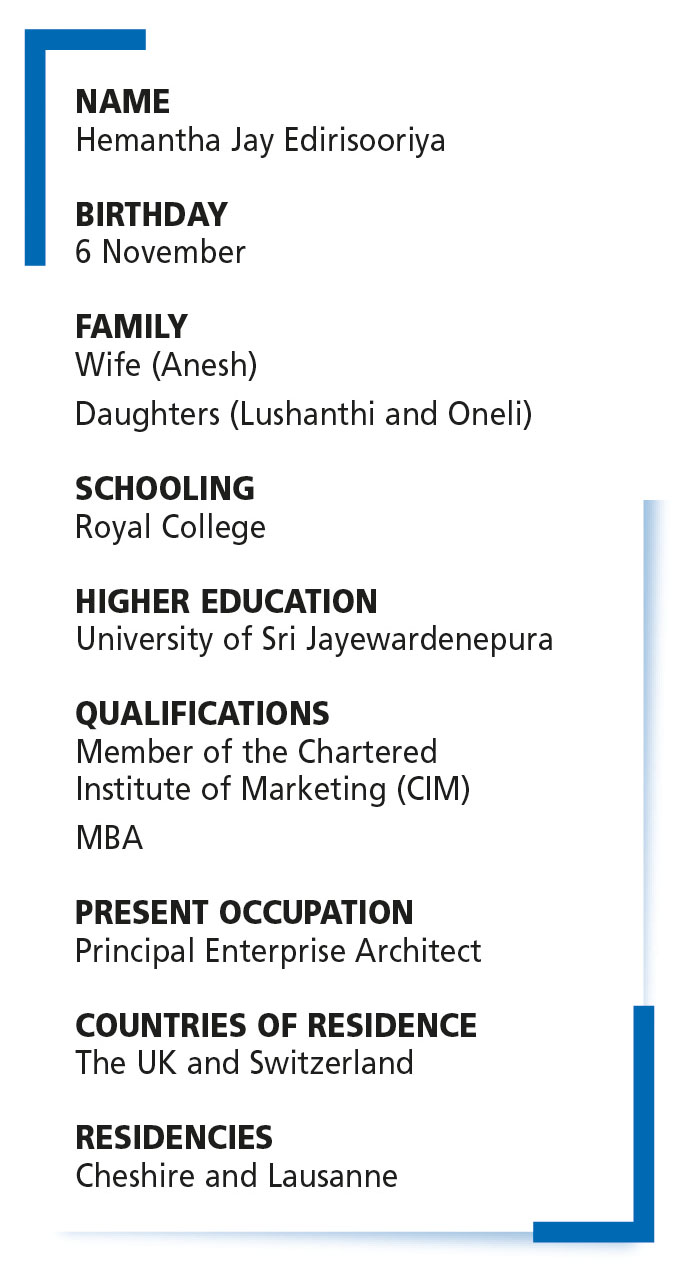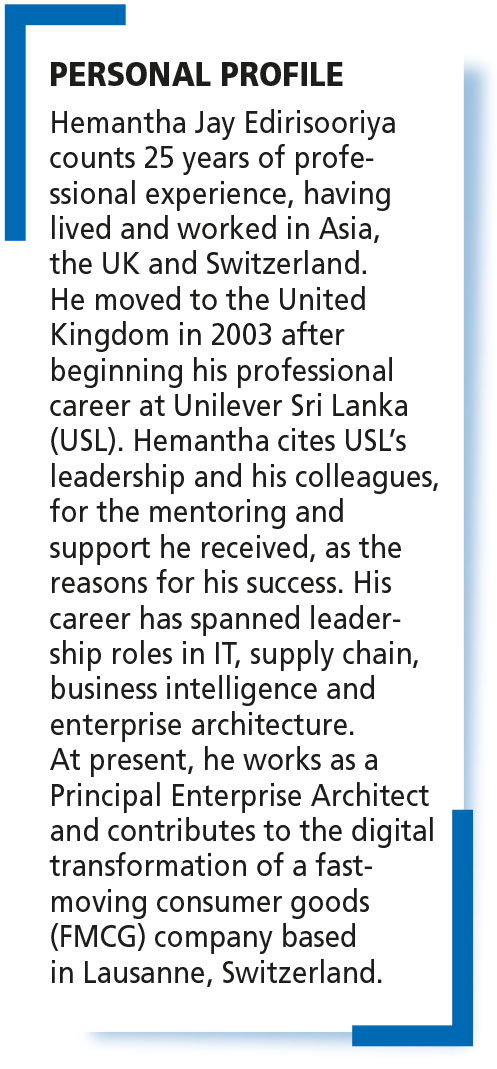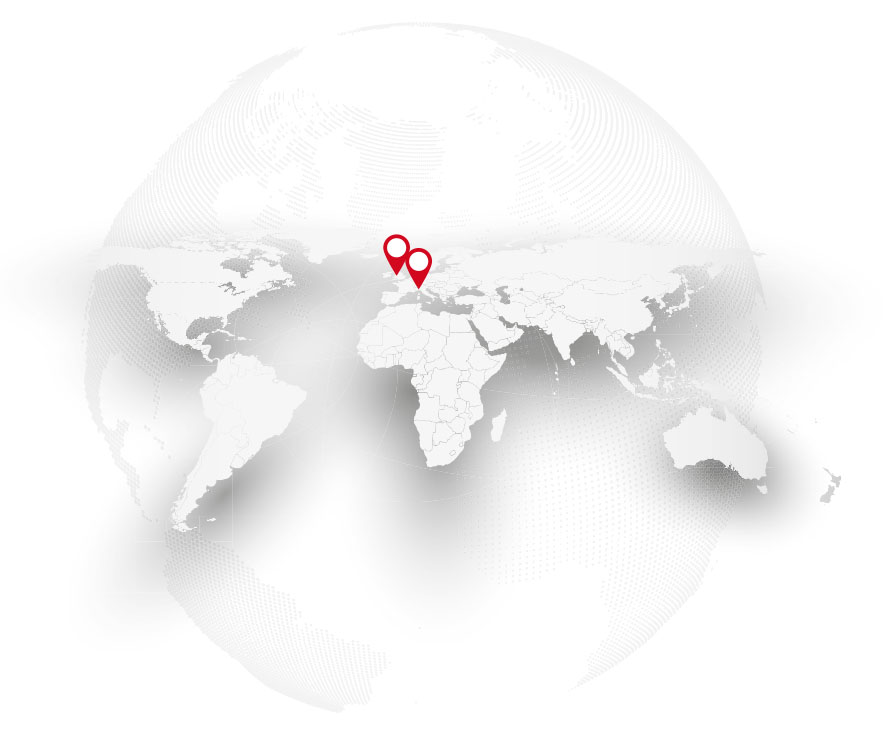SRI LANKANS OVERSEAS

TIME FOR A MAKEOVER
Hemantha Jay Edirisooriya
A valiant effort is needed to recreate a law-abiding society

Q: As far as perceptions go, do you think Sri Lanka is capable of regaining its composure in the aftermath of the COVID-19 pandemic?
A: Sri Lanka has great potential to succeed in the post-pandemic world if it can put together a concerted strategy to promote entrepreneurship, reduce bureaucracy at all levels, and provide incentives for local and broad-based foreign investment.
To achieve this, it’s fundamental to recreate a society that respects law and order, root out corruption and nepotism, promote equal opportunities, and provide greater higher education and vocational training opportunities for youth to obtain the skills required in a post-pandemic world.
There is also a desperate need for an apolitical and sustainable vision for the country.
 Q: So how do you perceive Sri Lanka today?
Q: So how do you perceive Sri Lanka today?
A: The aforementioned fundamental issues are violated shamelessly by those in power, and that filters down to most levels of government and a greater part of civil society.
Progress is judged against the competition and our regional competitors have surpassed Sri Lanka in many ways, resulting in us having to go to them with a begging bowl.
Q: And how do compatriots in your countries of domicile view Sri Lanka?
A: Sri Lanka is insignificant in terms of geopolitics and geo-economics. If any other country is concerned about us, it’s due to China’s domination of the island.
This impacts our economic growth as we still rely on Western markets in many sectors including apparel and its success hinges on GSP+.
 Q: Likewise, how do other Sri Lankans living in the US and Switzerland view Sri Lanka?
Q: Likewise, how do other Sri Lankans living in the US and Switzerland view Sri Lanka?
A: This is a country that’s blessed in so many ways but we’re shackled by a myopic, self-centred political system and outdated pigeonholed strategies. The political overheads are too much for taxpayers to carry; and consequently, very little trickles down to the masses, leading to rising income disparities and an unbearable cost of living.
Q: What were your impressions of Sri Lanka on your last visit and how much has it changed from the past?
A: I last visited in March 2019. For those of us who are intimately associated with Sri Lanka through family and friends, there is no better place!
Q: From afar, how do you perceive news about Sri Lanka and what mediums do you rely on to stay connected especially during times of crisis?
A: It is very easy to stay connected with Sri Lanka as there are many information sources – both factual and fake.
Q: How do you view the brain drain and why is there still no reversal of it, in your opinion?
A: The reversal of the brain drain will happen only when people see an equitable future in the country. Youngsters of today are world savvy and know how to create their paths to success. If that is not possible due to nepotism, they will seek opportunities outside.
But this issue can also be an opportunity. For example, many Indians who migrated are now making decisions in top S&P 100 enterprises – and some of those decisions are favouring India economically.
 Q: What should Sri Lanka focus on most in the coming decade?
Q: What should Sri Lanka focus on most in the coming decade?
A: Education. The people are blessed with intellectual capacity and our culture promotes education. Even though we have many great schools however, we’re not harnessing the output to gain a competitive advantage.
We need to uplift our education standards, attract good quality teachers with the right level of rewards, and regain their confidence and self-respect.
Sri Lanka should increase the opportunities at the university level, introduce certified vocational training programmes, identify potential opportunities within and outside, and enable our youth to exploit those opportunities.
There needs to be a focus on English not as a social differentiator but a path to success for every single person.
Q: And what are your hopes for the country in the next decade or so?
A: I hope to see an equitable society that enjoys mutual respect with everyone obeying law and order, and a confident people who aren’t relying on political patronage for their survival.
Our country needs high quality leaders to revolutionise and challenge all sectors, and improve the quality of life of the masses with no concern for political survival.

– LMD





Leave a comment